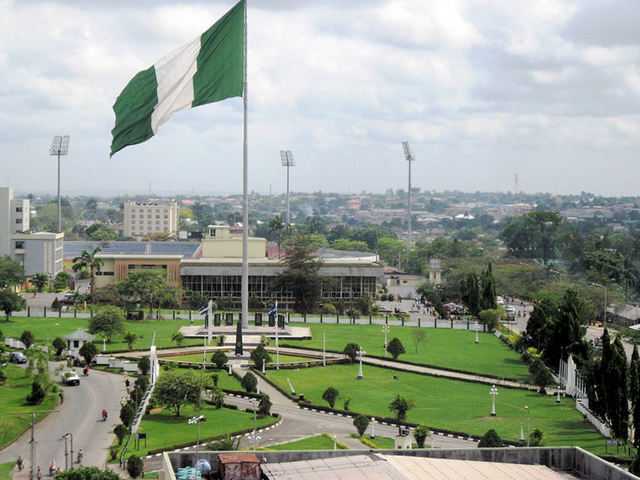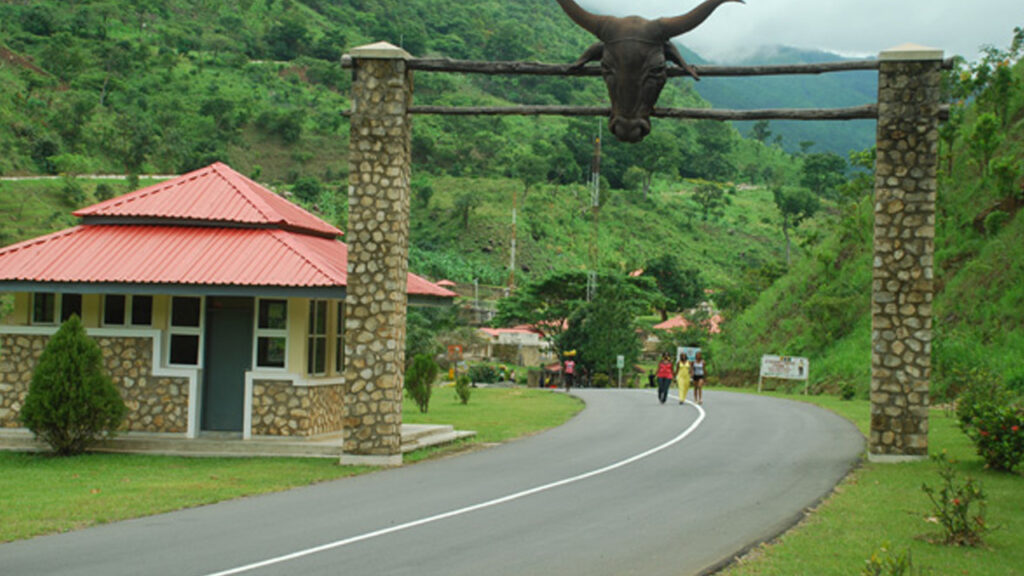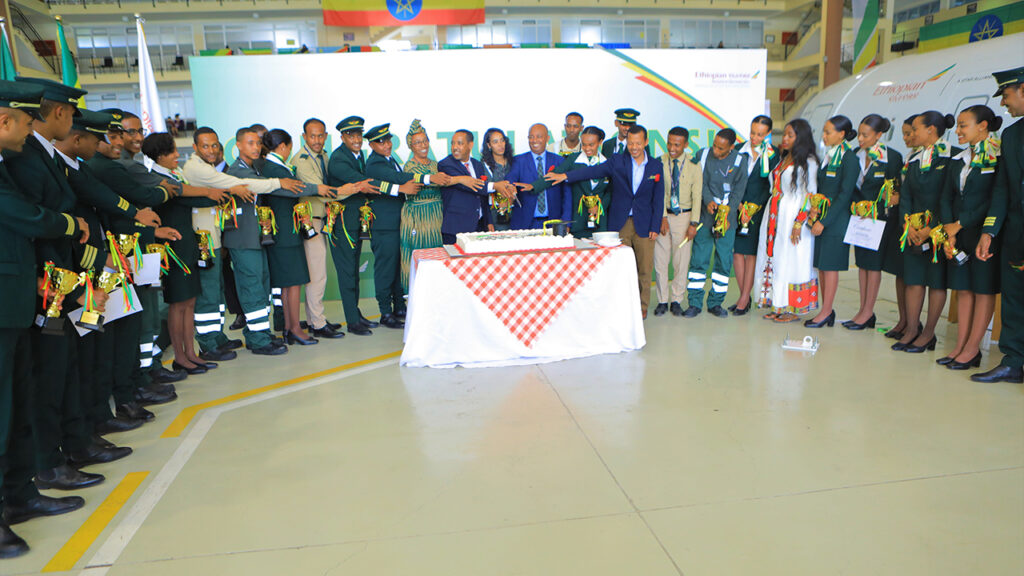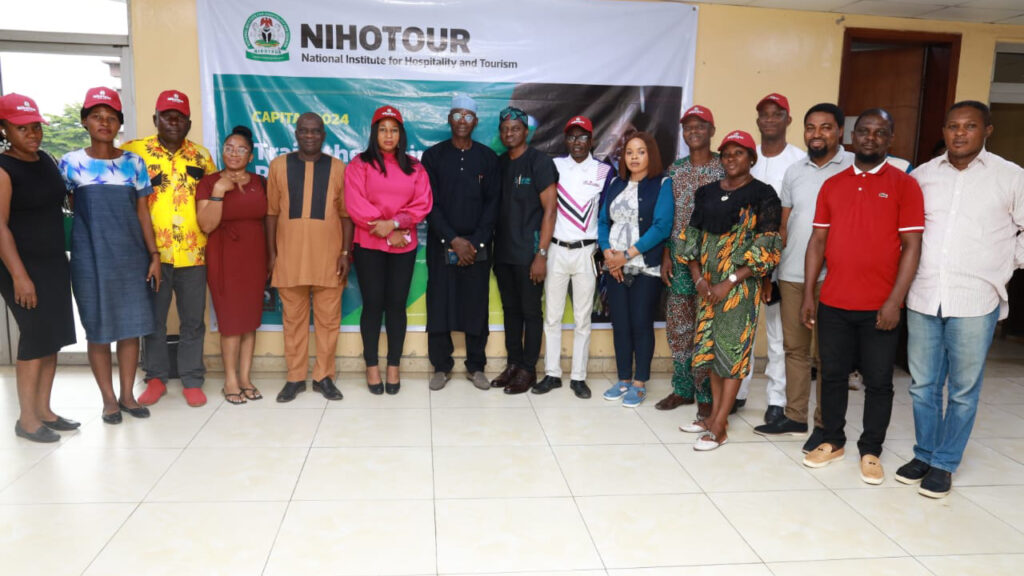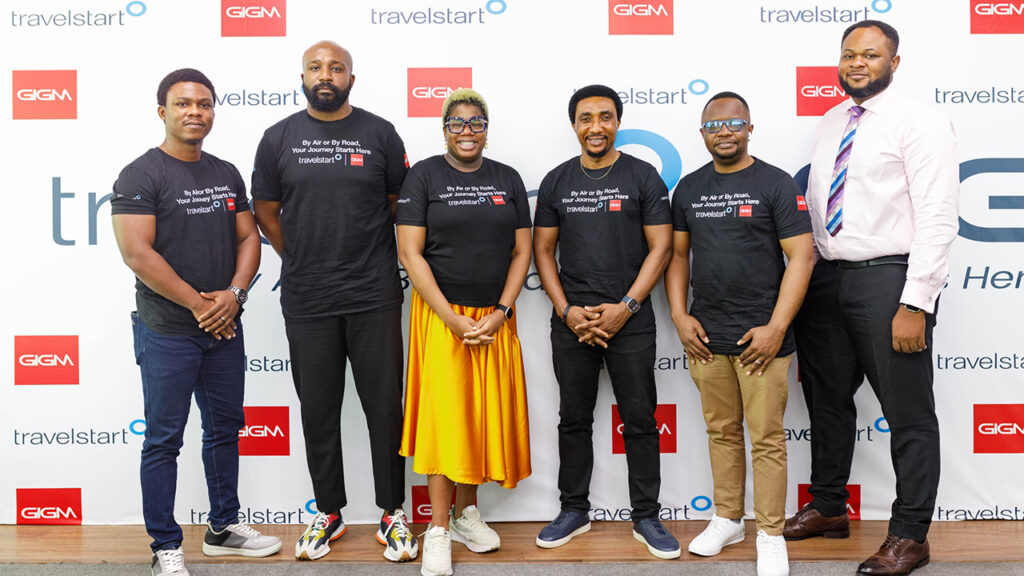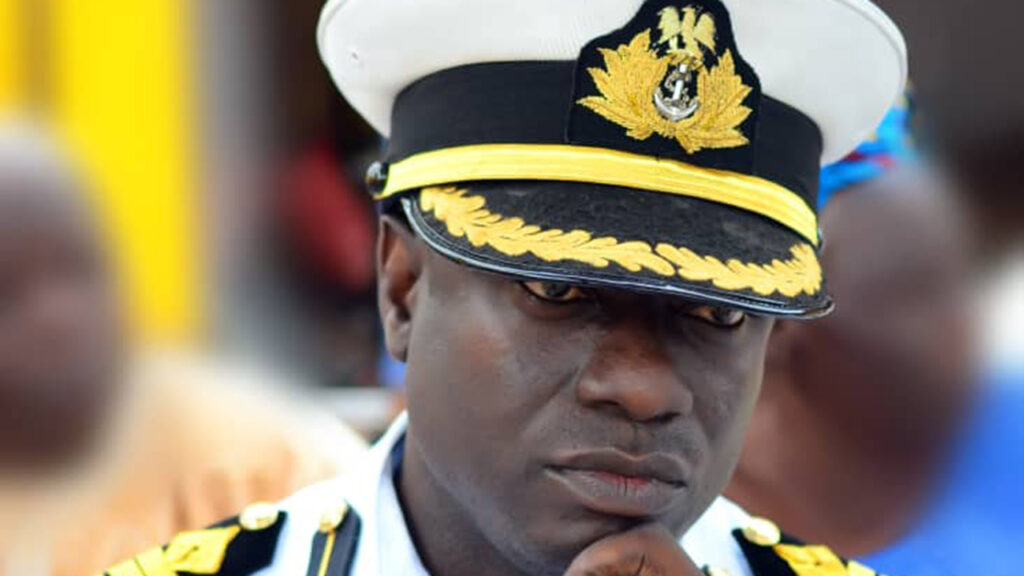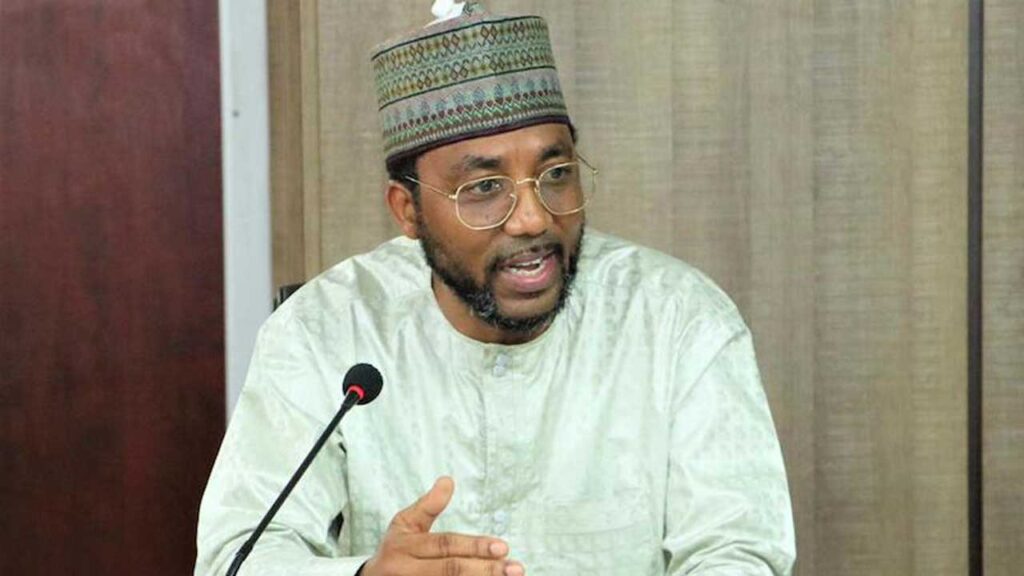
*NCAA okays fresh intakes at IAC
Parents wanting their wards to become trained pilots are in for some financial hurdles as major training institutions in the country have increased standard rates.
The Nigerian College of Aviation Technology (NCAT), Zaria, Kaduna State, and the International Aviation College (IAC), Ilorin, Kwara State, have hinted on new tuition and sundry fees for aspiring pilots, ranging between N18 million and N20 million.
The new rate, which is over 100 per cent of the former cost, was blamed on economic realities, especially the dollar-to-naira rate of exchange.
Apparently peeved by the spike, aviation stakeholders have called for a review of the new tuitions to avoid reducing aviation into an elite club of the super-rich.
In a related development, the Nigerian Civil Aviation Authority (NCAA) has granted approval to the International Aviation College (IAC), Ilorin, to admit freshmen into a new session.
The apex regulatory body granted the approval following an assessment of the college’s facilities and an expression of satisfaction on its compliance with international best practices and regulations.
The Guardian gathered that NCAT, a flagship training institution and a parastatal of the Ministry of Aviation, raised its 2023 pilot tuition from N8.9 million to N18 million or N12.83 million (excluding accommodation and feeding) for a two-year duration course. Similarly, the state-owned IAC is planning an adjustment from N12 million to N20 million-plus per pilot for 18 to 21 month training duration.
An official of NCAT confirmed the new rate, adding that the “100 per cent increase is marginal”, compared with current rates in similar institutions in-country and abroad.
“Also note that this is the first time NCAT has increased its fees in several years. Like you know, aviation is denominated in dollars and almost all components are imported into the country.
“In 2006 when the Standard Pilot course was charged at N7.5 million, the exchange rate was N130/$. After 17 years of inflation, the rate is now N450/$. So, an increase of 100 per cent is just very reasonable,” he said.
Acting Rector of the IAC, Capt. Yakubu Okatahi, explained that the upward review was unavoidable given the dollar rate to naira, and the cost of acquiring aircraft spare parts, keeping up with maintenance schedule and paying instructors – all in dollars.
Secretary General of the Aviation Safety Round Table Initiative (ASRTI), Group Capt. John Ojikutu (rtd), however, said the upward review at NCAT lacks justification and deserves better transparency.
Ojikutu said: “I think those responsible for the pilot training programme in that institution should try and break down the cost of training pilots both for academic and flying purposes. From the information available, the flight training programme should cost not more than N5 million or N50,000/hr for the required 100hrs needed for the certification of the pilot. I also do not expect more than N3 million for the academics. So, where does the 100% increase come from?”
He further queried the rationale for additional cost burden on trainees, given that NCAT is already a statutory beneficiary of industry’s five per cent Ticket/Cargo Sales Charges (TSC/CSC) that are remitted to NCAA, and from which NCAT draws six per cent.
“What does the NCAT do with the six per cent it collects from the NCAA? My worry always is what oversights are the National Assembly (NASS) Committees on Aviation doing on the functions and earnings of the operating agencies and departments of civil aviation?
“Did NASS approve the new tuition and on what justification? Is NCAT still a Federal Government-owned institution or it has been privatised? We need to know how the 100% increase was arrived at. For me, it makes no economic sense for NCAT that is still benefiting from the NCAA’s earnings to still increase fees by 100 per cent,” Ojikutu said.
The Kwara State Commissioner for Tertiary Education, Dr Alabi Abolore, who revealed the NCAA’s approval, commended the management, the Governing Board, and the IAC workforce of the college for the good job.
Abolore expressed optimism that IAC was gradually attaining an enviable height in the aviation industry.
He said despite being granted approval to admit new students for training in the next session, the college would deepen compliance with quality and standard in service delivery.
Registrar of the IAC, Jibril Jimada, noted that the college met the requirements of NCAA, which “has graciously relaxed the status of limitation placed on the college and consequently grants its approval for our training institution to admit new students for pilot course (PPL, CPL, SE, ME, IR) and Flight Operation Officers (FOO) Course.”
Jimada expressed gratitude to the state governor for giving the college an enabling environment to thrive productively. He added that the approval to admit new students into the college for training wouldn’t have been possible without the commitment and huge investment of the present administration.

